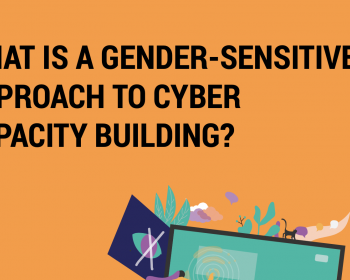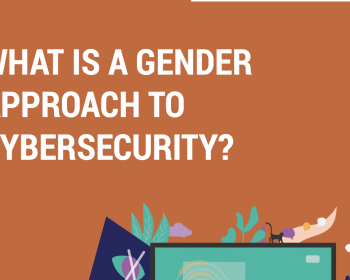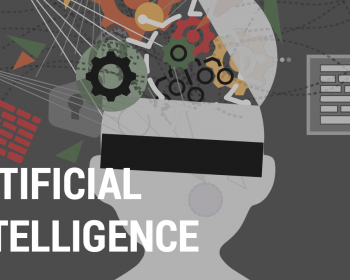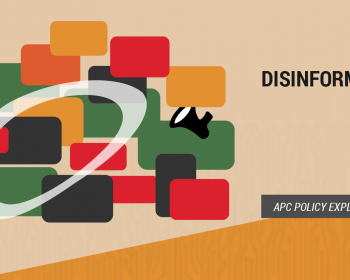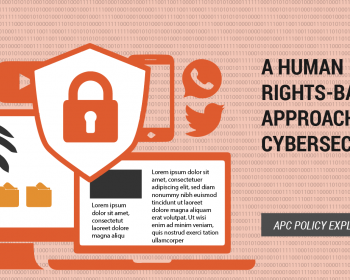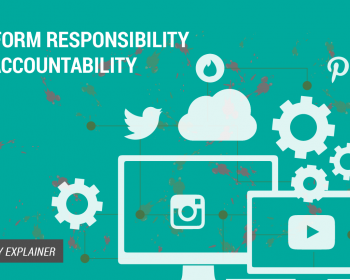Policy explainers
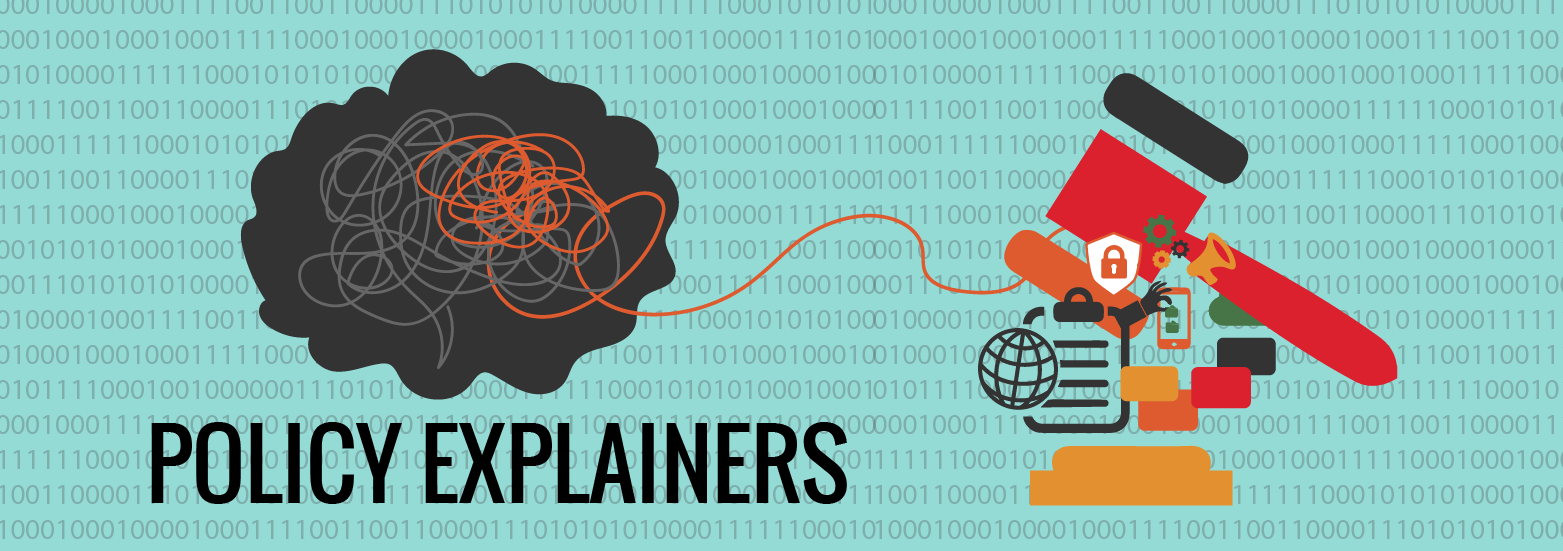
The APC policy explainers present our understanding and positioning on key digital rights issues in a straightforward, accessible way. Each edition in the series begins with a concise definition of the issue addressed and an overview of related problems, then spells out the change we want to see and how we work toward it. We also offer a list of spaces and institutions to engage with on the issue along with recommendations for further reading.
Looking at cybercrime from a gender lens means to recognise and take into account the lived experiences of women and people of diverse sexualities and gender expressions, to understand their needs and priorities, and address the differentiated impacts of cybercrime.
A gender-sensitive approach to cyber capacity building understands and considers the gendered impacts and implications of cyber threats, and calls for specific steps to address the needs, priorities and capacities of women and people of diverse sexualities, gender expressions and identities.
A gender approach to cybersecurity is a perspective that seeks to rethink individual and collective responsibilities for the cybersecurity of individuals and groups, making cybersecurity responsive to the complex, differentiated and intersectional needs of people based on a wide range of factors.
AI technologies, are still in their infancy, so there is still enormous potential to channel AI to address global challenges – but also much concern regarding its effects on social justice and the enjoyment of human rights.
APC considers disinformation to be a complex and multifaceted problem that cannot be properly addressed by a fragmented approach. It is also a multistakeholder challenge that requires dialogue between different sectors. In this document, APC explains why, where and how we work on this issue.
A human rights-based approach to cybersecurity means putting people at the centre and ensuring that there is trust and security in networks and devices that reinforce, rather than threaten, human security. APC explains why, where and how we work on this issue.
Companies should use international human rights law as the authoritative global standard for ensuring freedom of expression and other rights on their platforms, not the varying laws of states or their own private interests. In this document, APC explains why, where and how we work on this issue.



